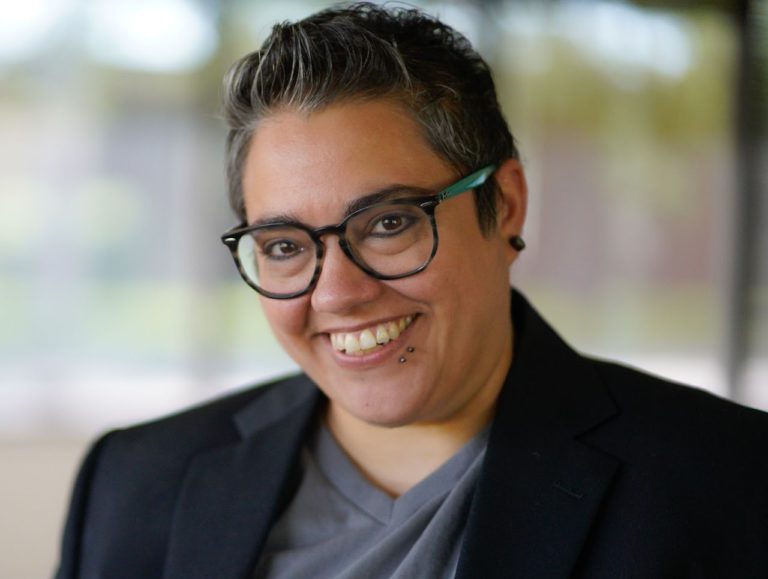Like many other issues, this is going to take a lot of work from different angles. In disability services, there are a few key aspects to lifting those services up and making sure people are getting what they need and deserve, delivered in a way that people are asking for and that works for them.
One approach is to address workforce issues. Some of the things we did in Minnesota to help is the North Star Promise, making sure that folks can get a college education when they’re not able to afford it. It will help specifically in the field of disabilities, making sure we are paying folks a living wage for the great work they do.
Having worked in the nonprofit disability field for 20 years, it definitely feels to folks that when the money’s not there, the disability services aren’t prioritized, and then it starts to feel like people with disabilities aren’t prioritized, and it starts to go downhill with that line of thought.
There are barriers for folks who need to access services. What does that look like for people? Sometimes it looks like cities wanting to evict group home residents because they don’t like the way the house looks, or because there are too many ambulance calls or public safety calls to the home. That isn’t fair. If you have a disability, and you live in a group home, sometimes that means you’re visited by other community resources more often than your neighbors — that’s no reason to be kicked out of your home. Some of us are lucky enough to live without assistance, or live independently.
Other access issues — do you know how often people are required to fill out paperwork to not lose their benefits? Somebody with a lifelong disability, it doesn’t make sense for that person to have to fill out the same paperwork every few months. It is stressful. Why have those barriers in place for people?
People from all walks of life can work in disability services. You can walk into that job with no experience and you can learn how to be an excellent caregiver, an excellent direct service provider, with training on the job. It’s not necessary that we require certain degrees from people anymore for different jobs. How do we make those application pools bigger for providers of those resources?
So, there are a lot of different angles to tackle. It is about always being open to listening to what those different angles are. It’s about trusting and paying attention and listening to what the issues are, and then writing those into policy and doing something about it.


